
Reviewed and Updated: September 10th, 2024
We often reach a certain age where Osteoporosis is a risk and ask "can you rebuild bone density?" The simple answer is that you can't. However, those who are younger can take measures to build stronger, denser bones and those who are older can take measures to maintain their bone density for longer.
Let's take a look at how to develop and maintain healthy bones.
How to Maintain Healthy Bones
Our bones aren't just static pieces of material that grow to maturity and stop changing. Just like every other part of the body, bones are always breaking down, developing, and recreating themselves in response to our lifestyles.
Aspects of bone break down naturally as they age, and our bodies have the responsibility to create a proportional amount of bone in response. When our bodies fail at this or we don't take the steps in our lifestyles to aid bone creation, our bones get brittle and are liable to break.
Osteoporosis is the natural outcome of excess bone loss. It's commonly thought of as a condition that older people experience, although it can happen to anyone at any age.
We continue to create new bone mass up through our late twenties. After that point, the body struggles to produce more bone than it loses, and our bodies become a bit more fragile.
It's possible for us to avoid osteoporosis and bone fragility if we incorporate a few things into our lifestyles. We're going to look at 16 ways for you to nurture your bones into old age and avoid significant issues.
1. Incorporate Vegetables Early On

You'll see throughout this article that one of the most important factors in bone health is a person's diet.
Bone health in old age is a direct result of bone development when you're young. A childhood diet rich in nutrients is more likely to set the stage for healthy bones as an elderly person. Dark leafy green vegetables such as kale, turnip greens, collard greens, cabbage, etc contain a great amount of calcium and vitamin K which aid in the reduction of osteoporosis risk. A plate loaded with a variety of vegetables will help set the stage for strong bones as you age.
2. Regular Weight-Bearing Activities
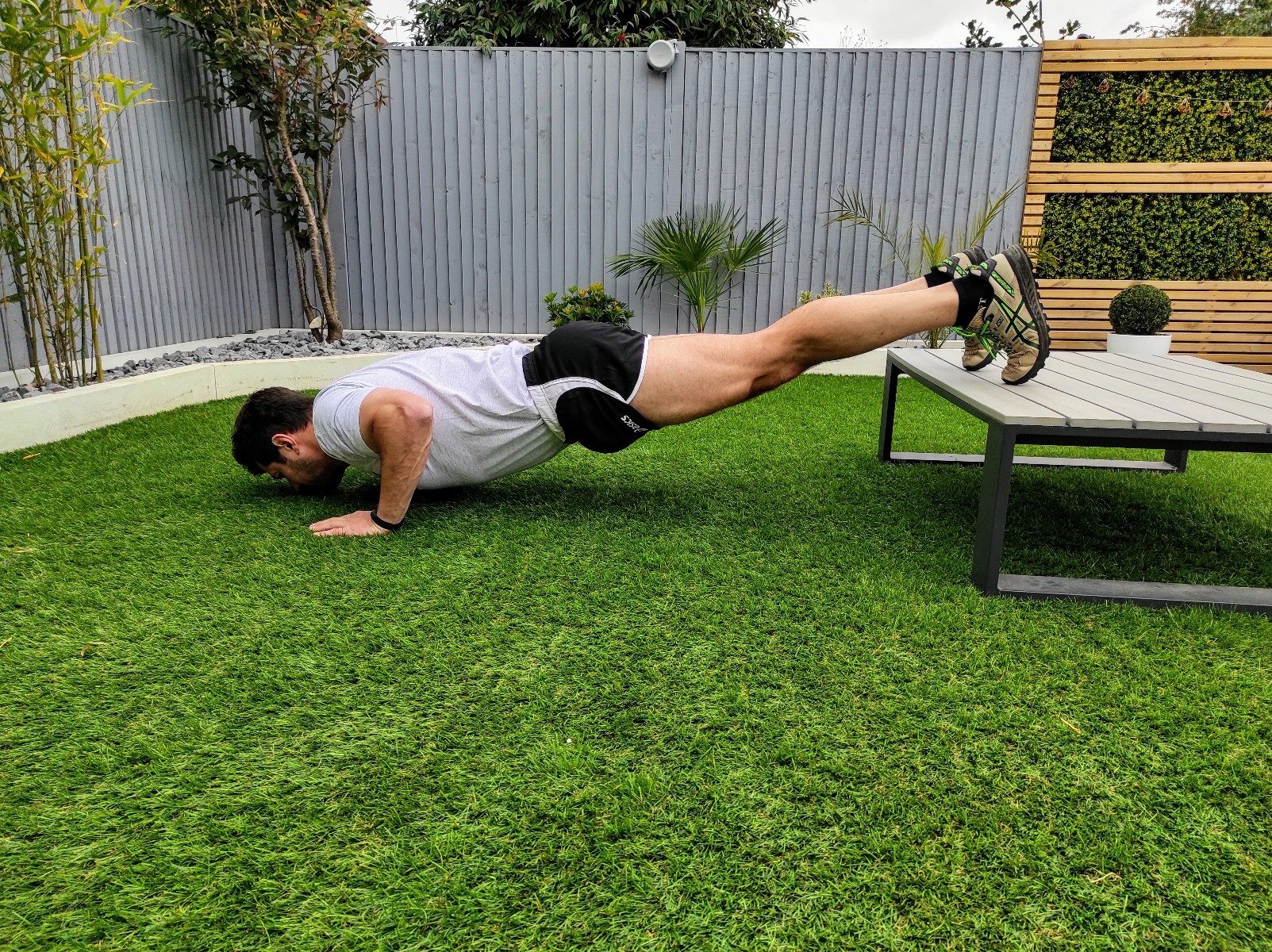
We've all seen movies and shows depicting the muscle loss associated with a lack of mobility. What isn't as obvious is that the same thing happens to our bones especially if we don't stay active. So you'll want to prevent this by doing regular, weight-bearing exercise such as walking, elliptical training machines, stair climbing, dancing, gardening, etc. These exercises slow bone loss and improve blood flow which is also good for the heart. Keep in mind to also work on flexibility, balance and strength for bone health.
Impact training can be as simple as a few jumping jacks or as intensive as a dedicated workout program. On a side note, you might be happy to know that moderate exercise is just as beneficial for bone health as high-intensity exercise.
3. Eat Calcium-Rich Meals Throughout the Day
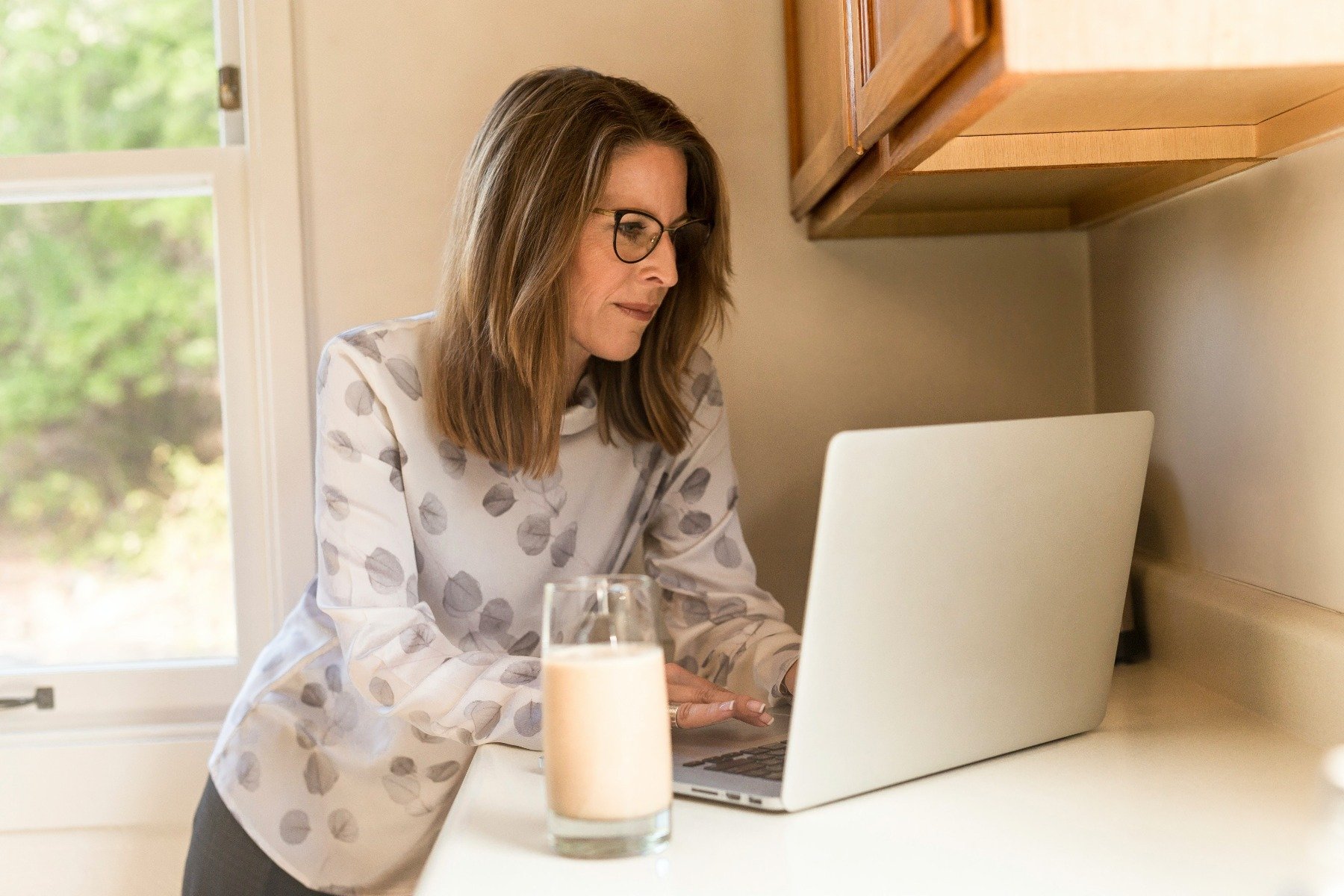
Calcium is the most significant mineral in bone development but it doesn't get absorbed very easily so it's important to get enough.
Usually, the goal is to take in around 1,000 mg a day, maybe a little more as we get older and more prone to osteoporosis.
Consuming calcium-rich foods throughout the day is generally recommended over consuming all of your daily intake at once. For those who don't like dairy, there are more options than ever. A serving of almond milk has 45% of your daily recommended calcium intake and you can round out the rest with a diet rich in vegetables.
4. Don't Forget about Protein
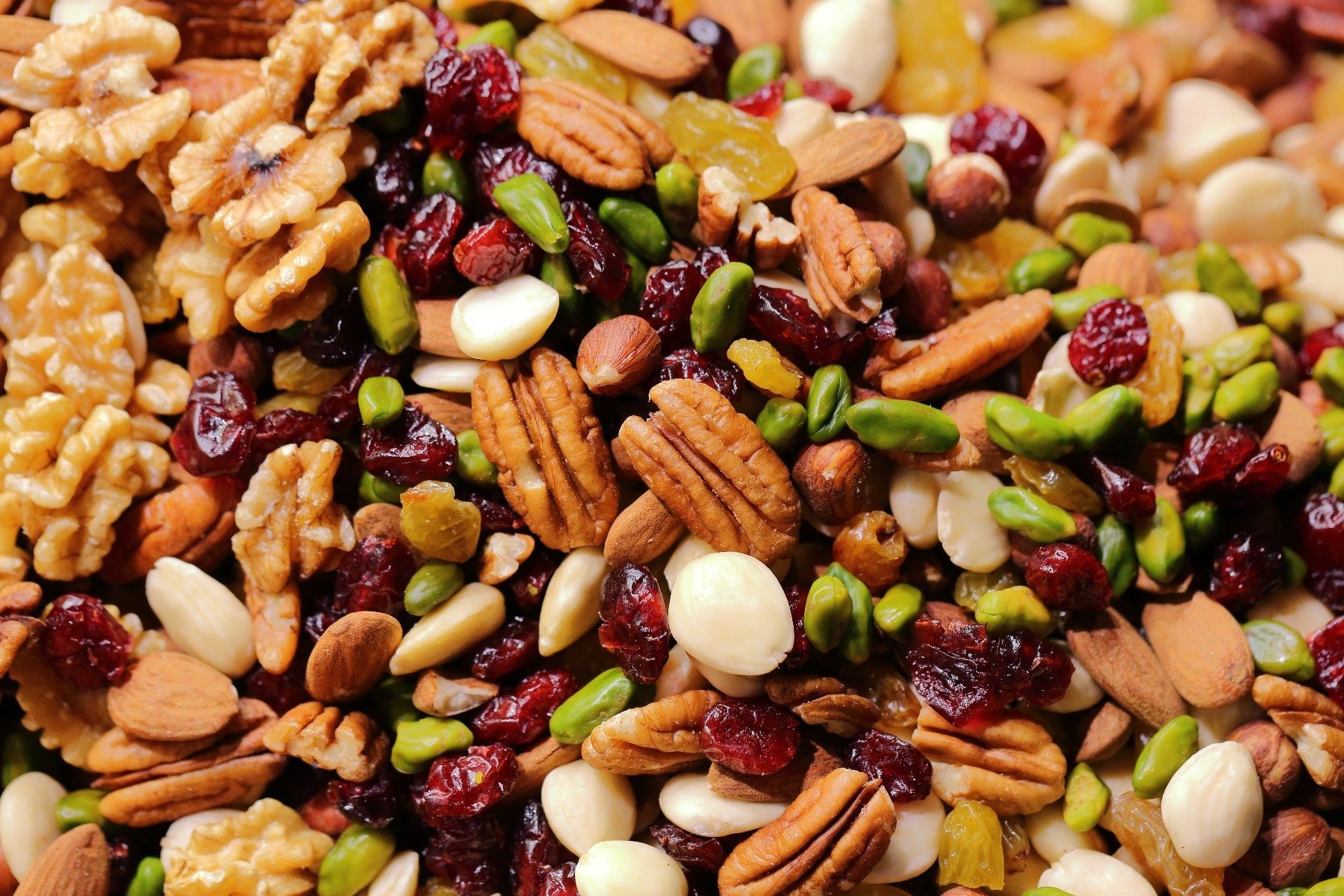
Protein helps our bodies incorporate the calcium we take in. A healthy amount of complete proteins in your diet will increase bone density by making use of whatever calcium you consume throughout the day. A high protein diet elevates calcium absorption in the intestines, increases insulin-like growth factor (IGF-1) which balances bone health, inhibits parathyroid hormone release that can be reversely beneficial for bone health when in excess, and improves muscle mass which also benefits bone health.
However, excessive protein might cause calcium to leave the bones to balance out the blood's high acidity.
5. Get Enough Vitamin D
Vitamin D, much like protein, is used in the body to absorb calcium and strengthen our bones.
Milk is generally the "go-to" source for Vitamin D but it's actually something that gets added to milk so it's nothing to worry about if you don't like or can't have dairy.
Other great sources of vitamin D are the sun, egg yolks, mushrooms, seafood, supplements, and more.
6. Avoid Extreme Diets
Social media is bursting at the seams with transformation photos from people trying the latest diets. Before jumping on the bandwagon, keep in mind that these diets can be detrimental to bone health as a consequence of the overly restrictive nature that provides their early results.
Sufficient calories are needed for healthy bone development and maintenance. A diet of at least 1,200 calories every day, depending on your weight, should support healthy bones.
7. Lose Excess Weight
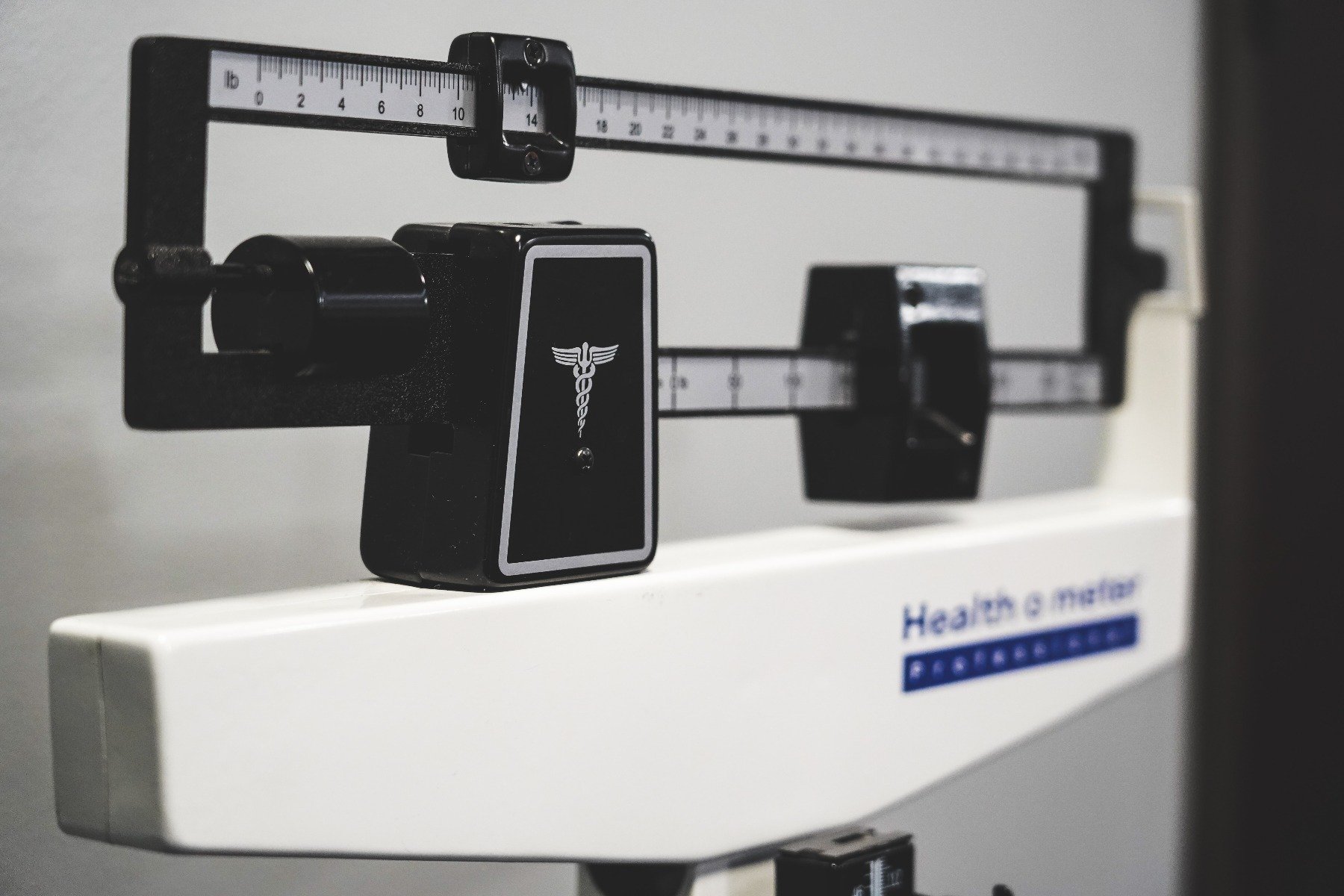
A lot of extra weight can be difficult on a person's bones, especially if those bones are already prone to osteoporosis. Obesity won't cause bone loss or osteoporosis, but it will add undue strain to your bones as they age.
A healthy diet can help you improve your bone health and ward off extra weight gain and subsequently improve your bone health. Doctors the world over recommend the mediterranean diet for overall health.
8. Aim for a Healthy Weight
On the other hand, bone density does suffer when a person is too thin or can't achieve a healthy weight for their body.
Underweight individuals are less likely to produce enough bone mass and more likely to lose bone mass as they age. Some independent conditions cause undue weight loss, and those have to be dealt with.
If your issue is a general lack of nutrients, though, a balanced diet with with sufficient calories focused on fruits, vegetables and whole grains is the direction you should take to improve bone health.
9. Then, Maintain that Body Weight
Our final point on weight is that it's important not to fluctuate too much if you're trying to achieve good bone health.
Flip-flopping between weight loss and weight gain can actually be pretty harmful. Bone density isn't always regained after a period of serious weight loss, and that loss can be dangerous when more weight is added.
10. Treat Fractures and Sprains
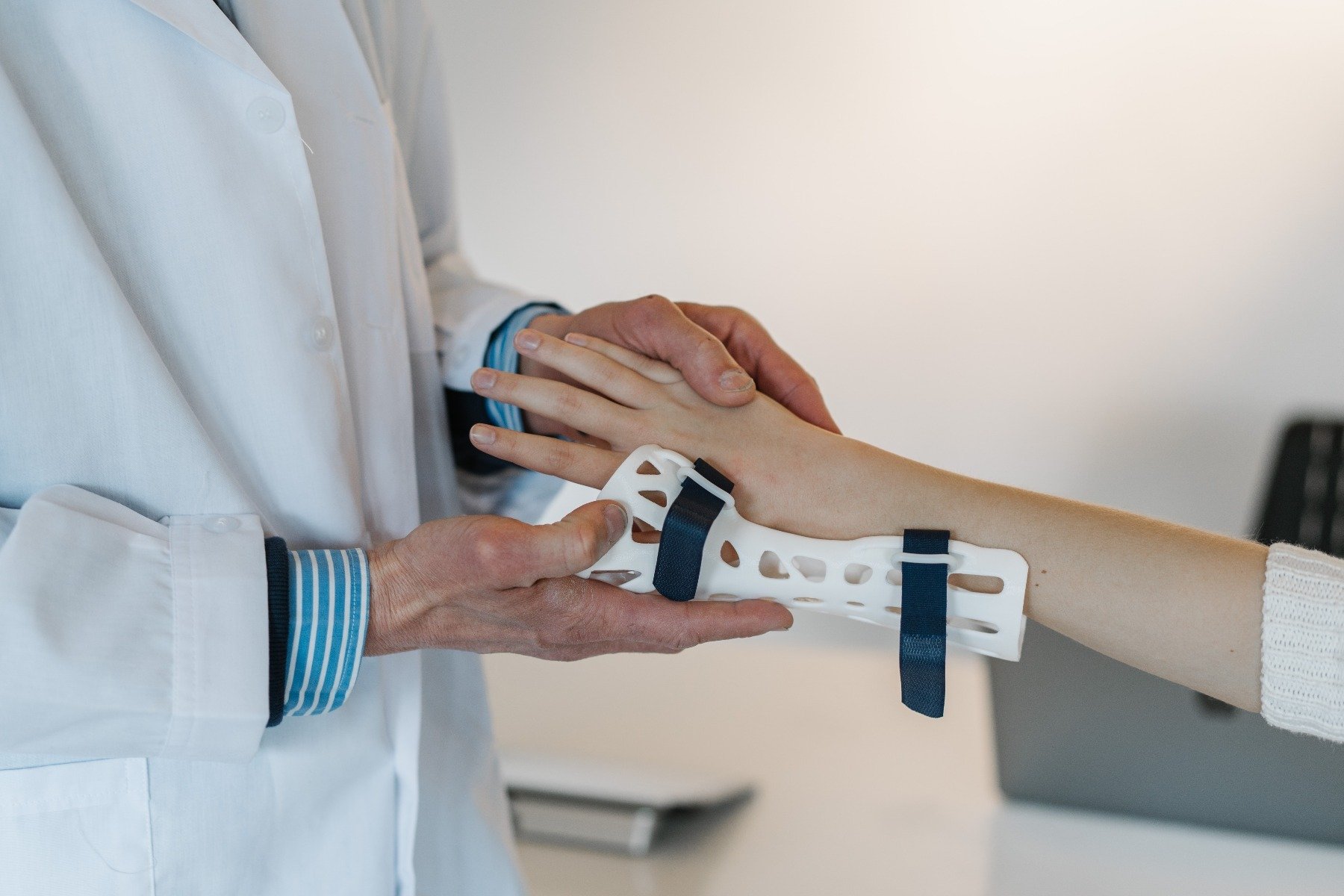
It sounds like a no-brainer, but some people like to leave issues alone if they can heal naturally.
Treat any bone damage you experience throughout your life. Proper healing makes the risk of further damage a lot lower as you reach old age and experience bone loss. Those old cracks get riskier as things break down.
11. Quit Consuming Alcohol and Tobacco

Regular tobacco and alcohol use is linked to decreased bone health. Alcohol consumption can unbalance bone remodeling (the constant state of old bone tissues breaking down and new tissues being generated) which decreases bone density resulting in increased risk of fractures. Similarly, nicotine slows the release of osteoblasts (cells responsible for bone formation) and also decreases the absorption of calcium resulting in further fragility of bones.
The occasional drink won't do you too much damage, and might actually have some health benefits. Excessive drinking and smoking, on the other hand, will only hurt your health.
12. Know the Signs of Osteoporosis
Know what to look out for as you age. Back pain, loss of height, easily-broken bones, and curved posture are some of the signs that osteoporosis is occurring.
Note that symptoms don't occur right away, so if you see any of these changes it's smart to go to a doctor immediately.
13. Know Your Family History
You can combat osteoporosis if you're aware that you're at high risk for it.
White and Asian individuals are at the highest risk. Additionally, you're at higher risk if you have immediate family members who have suffered from osteoporosis.
Parents and siblings are the best indicators of whether you'll have it, but grandparents are a great place to start looking.
14. Get Enough Magnesium
Magnesium is the unsung hero of bone health. It helps vitamin D assist our bones as they absorb calcium. Additionally, magnesium appears to decrease the presence of some inflammatory proteins that harm bone health.
Excellent sources of magnesium include nuts and seeds. If you have a difficult time getting enough, you can consider a supplement such as magnesium glycinate or magnesium citrate which are best absorbed in the body.
.
15. Get Enough Zinc
Zinc is needed to create new bone cells and get rid of the old ones. It helps to activate the Vitamin D that aids in Calcium absorption and is one of the minerals present in bone structure.
Foods that are rich in zinc include pumpkin seeds, flaxseed, oysters, and many green vegetables.
16. Know Your Body
If you're experiencing trouble with your bones, do your best to avoid things that will put undue pressure on them.
It's best to know our limits and avoid strenuous activity that could cause serious damage as we get older. It's possible to regain bone health, just make sure to take things steady until your bones can handle it.
Bottom Line for Your Bone Health
Building and maintaining healthy bones can require a lot of effort and knowledge. It might be tough to start the process on your own, but this list should be a handy guide to help you.
An additional measure to ensure optimal bone health you can consider is supplements such as Bone Essense, a complete bone and joint supplement with a patented formula. If unsure, consult your doctor for advice and recommendations.
* This article is for informational purposes only and doesn’t constitute medical advice. For immediate health concerns, please consult your physician.
These statements have not been evaluated by the Food and Drug Administration. Products are not intended to diagnose, treat, cure or prevent disease.
© 2024 Best in Nature All rights reserved




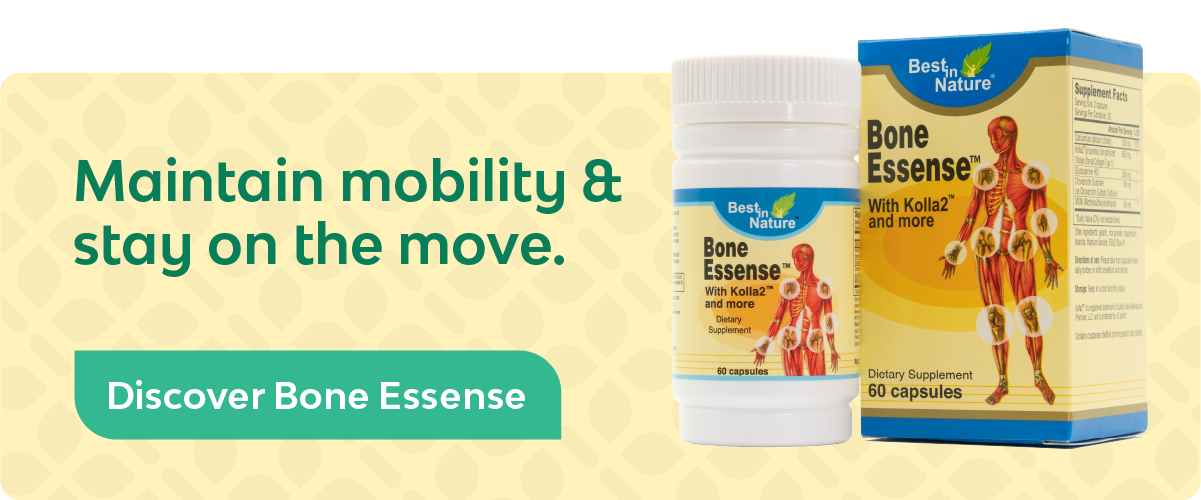


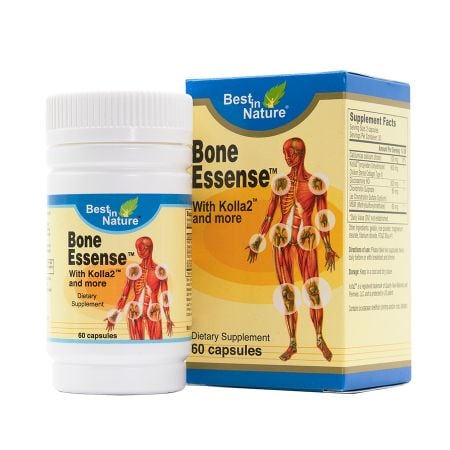
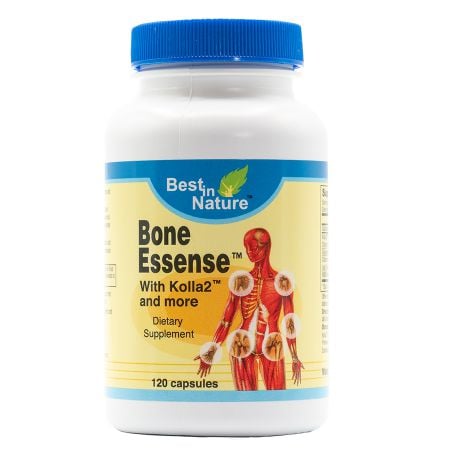
Validate your login
Sign In
Create New Account